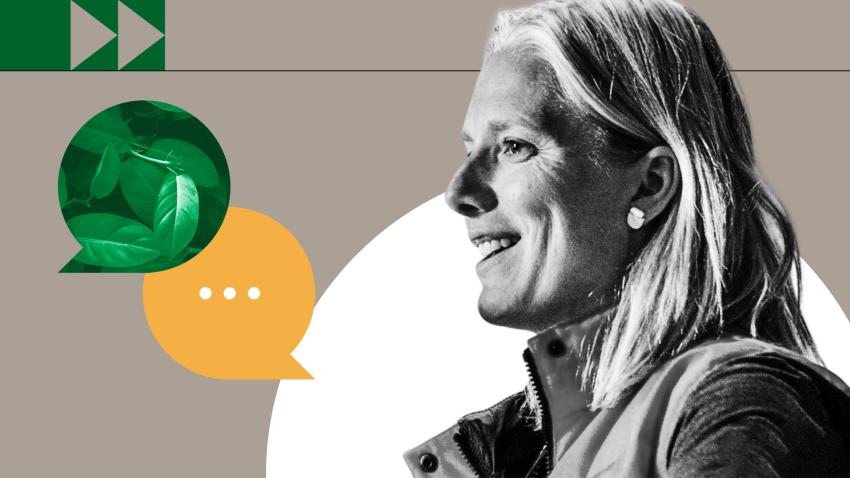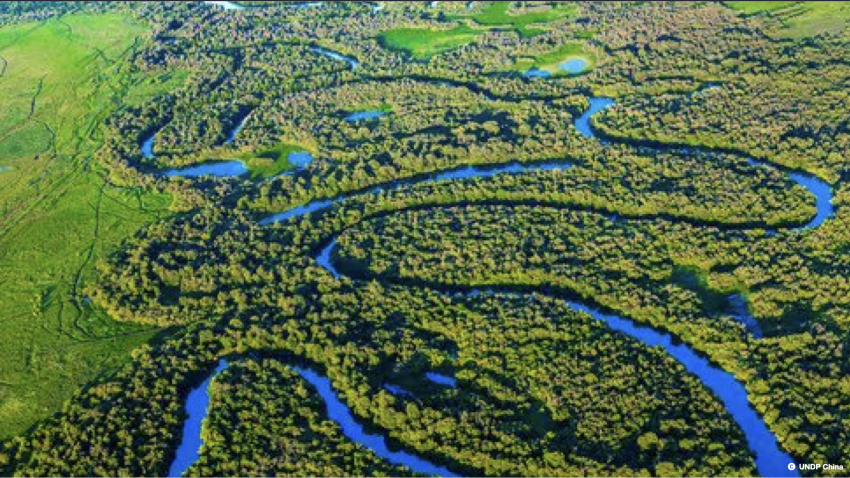In March 2022, UN Secretary-General António Guterres appointed a diverse group of experts to help non-state actors - including businesses, investors and cities and regions - “to walk the talk on their net-zero promises.”
In support of the Secretary-General’s call for bolder net-zero pledges matched by concrete action, the 18-member High-level Expert Group on the Net-zero Emissions Commitments of Non-State Entities – which brings together experts from a wide array of sectors including businesses, banks, think-tanks and academia - was tasked with developing stronger and clearer standards, and criteria for assessing non-state actor commitments to reach net-zero.
“Despite [the] growing [number of] pledges of climate action, global emissions are at an all-time high and they continue to rise. To avert a climate catastrophe, we need bold pledges but matched by concrete, measurable action. Tougher net-zero standards and strengthened accountability around the implementation of these commitments can deliver real and immediate emissions cuts,” said the Secretary-General stressing the critical work of the group.
Under the landmark Paris Climate Agreement, which was adopted in 2015, countries agreed to limit global warming to 1.5°C to avoid the worst climate impacts and maintain a livable planet. Today, the planet is about 1.2°C warmer than it was in the late 1800s, and on pace to more than double the 1.5°C limit by the end of this century.
“But it's not just about governments,” says the Chair of the Group, Catherine Mckenna, the former Canadian Minister of Environment and Climate Change, on the responsibility to act.
“It's about non-state actors. Who are they? They are companies, they are banks [and investors], they are cities [and] they are regions. And they all have a really important role to play. And I think that's really the message on climate change that we all need to think about, that the Paris Agreement was about countries, but everyone needs to act together so that we can make sure that we have a safe planet.”
To limit global warming, greenhouse gas emissions need to first stop rising and start falling urgently, decreasing by 45 percent by 2030, and reaching net-zero by 2050 - which means cutting emissions to as close to zero as possible, and making sure the remaining emissions are reabsorbed from the atmosphere by the world’s carbon sinks such as the ocean and forests.
“So if you're a company, and you say, ‘hey world, I'm net-zero by 2050’ people need to believe in that. And so the one thing that the Secretary-General is worried about is what's called ‘greenwashing.’ Folks are making announcements about commitments, and they sound really great. But if you look behind, there isn't the action and in particular, there isn't the action immediately.”
Ultimately, all net-zero commitments, be it from governments or businesses, must be ambitious and credible, meet the highest standards of environmental integrity, lead to concrete and measurable actions, and deliver real and immediate emissions cuts.
“The good news on climate change is that we know a lot of the solutions, but we need to make sure we're adopting them. So just take renewable energy - we need to make a choice. And right now, it's very challenging with the war in Ukraine. You know, how do you make sure that as countries move away from Russian gas, they have to make other choices, but we don't want to lock in fossil fuel infrastructure. That's going to have the consequence of making it impossible to tackle climate change and impossible to meet the science and what it requires.”
Transitioning to a net-zero world is one of the greatest challenges of our time. It calls for nothing less than a complete transformation of how we produce, consume, and move around. Governments may have the lion’s share of responsibility to cut greenhouse gas emissions but everyone has a role to play to avert the worst effects of climate change and set the world on a path towards a safer and healthier future.
“We can tackle climate change, we just have to change how we look at things. We have to stop looking at it as a 2050 problem. And we can do this. It's not just about me, it's not just about our task-force [expert group], it's not just about the Secretary-General, it's about everyone recognizing that we're all in this together,” says McKenna.
As part of its efforts to be transparent and inclusive, the Group is seeking views from people from all sectors of society across the world on areas critical for improving the credibility of net-zero commitments and ensuring environmental integrity - including setting clear and concrete standards for emission reduction targets, measurements for transition as well as verification mechanisms, implementation plans to get to net-zero by 2050 and pathways toward regulation. This call for written inputs from the public will be open until the end of August 2022.
“What do you think needs to happen to make sure that these promises are credible but also that they result in real action? That's the only way you can actually come up with solid recommendations that are going to make a difference to the Secretary General - it’s going to be hearing from folks about the issues they care about and the linkages between issues,” added McKenna.




